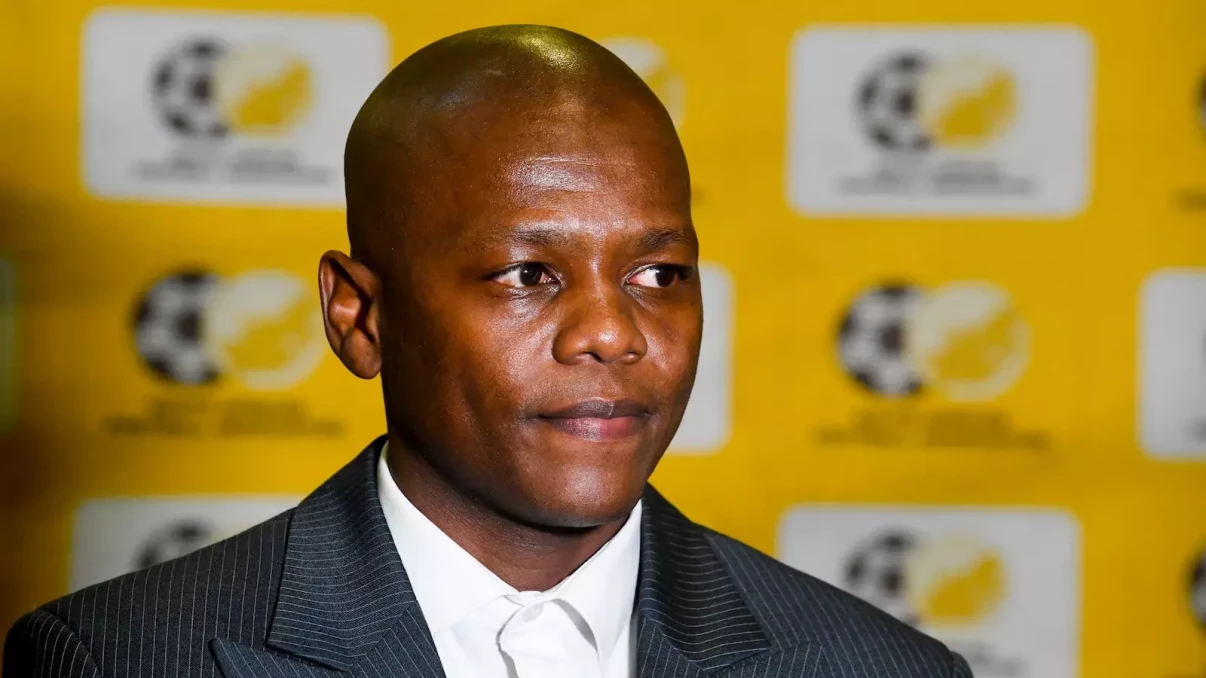Continued use of Dagga by some SA footballers giving Sports Medics a headache
21st December 2023

The increasing use of cannabinoids (Dagga) amongst some footballers in South African football is proving to be a challenge to contain especially in the national teams says South African Football Association (SAFA) Chief Medical Officer Dr Thulani Ngwenya.
Cannabis has been decriminalized in South Africa for personal consumption and many players use it for recreational purposes.
But the biggest challenge in sport is that it remains one of the banned substances under the World Anti-Doping Agency (WADA).
Ngwenya says more controls are in local football to address this.
"What I would like to see in our country is more controls being done. I can tell you now why I'm saying that because now I'm working at the national team level which is an end product and when we do the pre-competition medical assessment, sometimes then we'll pick up issues," Ngwenya said.
"I'm going to also speak openly about this issue where in South Africa cannabis which is dagga, is allowed by the government. So, you can even plant it in your backyard but when we are talking football and the World Anti-Doping Agency, it is a banned substance in competition."
SABC Sport is aware of some incidents in recent years where junior national teams were affected by the use of dagga in the camp by the players and this affected some players’ chances of taking part in an international tournament.
Recently another talented player in the National First Division (NFD) known to SABC Sport ended up being released by his club for the continued use of Dagga.
Ngwenya says the lack of permanent team doctors at the clubs, also contributes to this.
"Unfortunately, then one way or the other, you find quite a number of athletes actually taking that substance because when you ask them, they will tell you 'No, it calms me down' and it's also allowed in the country but it's because maybe the education is not really sufficient," Ngwenya added.
"On paper, education needs to be happening but you can't achieve that in our country to be honest because we don't have full-time sports physicians for the teams."








